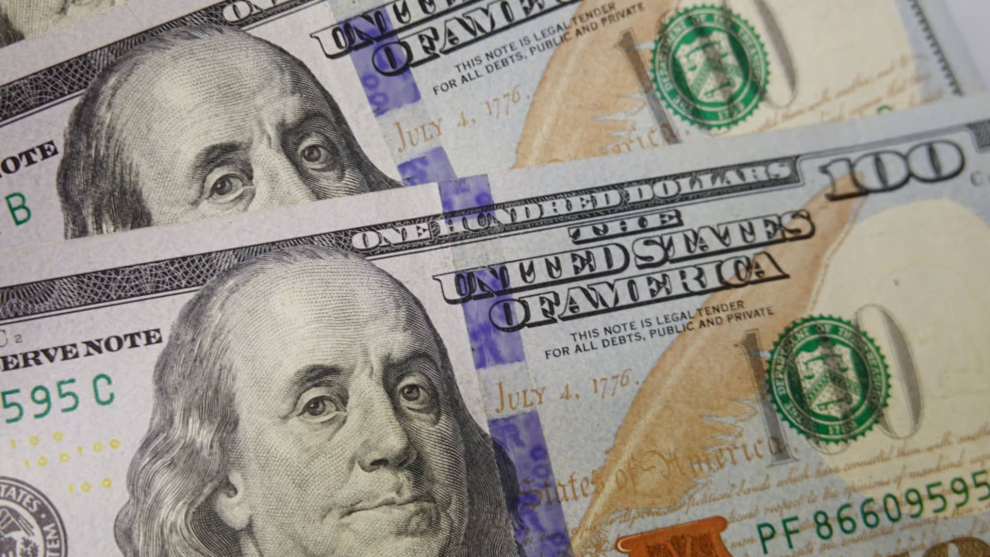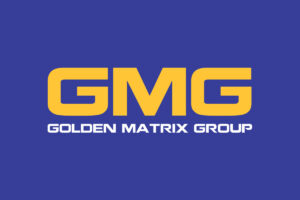Repeated currency reforms have eroded trust in the DPRK won, making foreign money essential for many transactions
North Korea has long allowed an unusual degree of private trade in foreign currency for a communist bloc country, and a new study has shone a light on just how common it is.
South Korea’s central bank recently published a survey of North Korean refugees that deals with the payment systems in the North last year and found that nearly one in three defectors who remitted money to family in the DPRK sent dollars or yuan. Those sending cash to Pyongyang preferred dollars, while border city destinations were more likely to receive yuan.
This might come as a surprise given North Korea’s well-established insularity and the intensity of state propaganda against “U.S. imperialists” and global capitalism. In the Soviet Union, such illicit commerce in foreign currency could be punished with the death sentence.
But from the 1970s onward there has been far less risk in the DPRK, and there are good reasons why North Koreans still prefer the greenback and renminbi over the country’s own won for many purposes. Indeed, the market economy on which so many North Koreans now depend would likely struggle to function as it does now without the abundant use of cold, hard foreign cash.
The geographic differences in foreign currency use, and their entrenchment in the North Korean economy, go back decades, and it all starts with Japan.
Tens of thousands of ethnic Koreans who migrated to North Korea from Japan in the 1960s. These migrants discovered that the real DPRK was very different from the earthly paradise painted by Pyongyang propaganda. Facing a harsh existence, they turned to their more prudent relatives who remained in Japan and asked for money.
In the 1970s and 1980s, remittances from Japan to North Korea made up a significant part of the DPRK budget. However, in order to encourage these transfers, the state had to ensure that the currency could be spent efficiently and conveniently. So Kim Il Sung OK’d foreign exchange shops to open in major North Korean cities.
At these shops, immigrants from Japan could buy what was seen as luxury items — from canned tuna to Sony Walkmans — without any restrictions, as long as they had money. All foreigners, in fact, could use these shops, and eventually rich North Koreans as well. One woman who originally migrated to North Korea in the 1980s told me she spent her precious currency on Japanese instant noodles, then available only at these currency shops.
The hard currency shops conducted their business in “imperialist” U.S. dollars and Japanese yen, but from the early 1980s, the Chinese yuan also began to circulate in North Korea, around the time Pyongyang allowed some limited travel to China for family reunions. Ethnic Koreans in China also received the right to visit their relatives in North Korea.
These trips led to the emergence of an active shuttle trade, which was carried out in yuan. Thus, by the time the Berlin Wall fell, yuan could be bought and sold at North Korean marketplaces, especially in the northern part of the country.
Meanwhile the won, North Korea’s own currency, was increasingly distrusted by itsown people. The major reason was the ever-present threat of confiscatory currency reforms. Such reforms were carried out from time to time in the countries of the communist bloc, and North Korea was no exception: It conducted five large-scale currency reforms in 1947, 1959, 1979, 1992 and 2009.
The goal of these currency reforms was to confiscate the surplus funds accumulated by the population, thus curbing inflation and strengthening state control over the economy and society. During each of these reforms, new banknotes were issued, so old notes had to be exchanged but with a ceiling on how much.
If one’s deposits exceeded the limit, the excessive sum or its significant part was lost for good. Generations of the North Korean public have learned that their won could become useless paper at any time.
North Korea’s economic collapse in the 1990s sped the dollarization and yuanization of the economy. Industrial production came to a standstill, consumer goods, and foodstuffs were increasingly imported from China, both legally and illegally. Unapproved labor migration to China became commonplace, too, and migrants came back with pockets full of yuan.
Around the year 2000, the DPRK abandoned its artificially low official exchange rate, and the market rate became widespread. This rate is long used not only by private changers, but also by official state banks.
From the North Korean point of view, foreign currency has several major advantages.
First, foreign currency appears to most North Koreans as a reliable form of savings. Nobody is afraid of confiscatory currency reform in the U.S. or Japan, and even China looks sufficiently stable. On top of that, no sane North Korean would trust the country’s banking system, assuming that a bank deposit can disappear at any moment.
The second advantage of foreign currency is its compactness. A large sum in dollars and even in yuan is much smaller and lighter than the corresponding amount of North Korean currency. Since almost all payments in North Korea are made in cash, this feature is of no small importance.
In order to pay, say, for a refrigerator worth $600 in U.S. currency, you need only six hundred-dollar bills. If you pay the same amount in North Korean currency, you need some 600 North Korean five-thousand-won bills.
So since the early 2000s, it is customary in the DPRK to pay for large transactions (real estate, motor vehicles, etc.) in U.S. dollars, while medium-size transactions (refrigerators, bicycles, etc.) are done in the Chinese yuan. Food and cheap consumer goods are still often paid for in North Korean currency.
North Korea’s 2009 currency reform was particularly disastrous. Its main goal was to confiscate the cash reserves that North Korean private businesses had accumulated, and it was meant to be the culmination of a 2005-2009 campaign against the private sector.
For the majority of North Koreans, the dramatic events of 2009-2010 were a lesson about the utter unreliability of the local currency.
The reform debacle entrenched even further the yuanization and dollarization of commercial activity. Everybody observed that those who kept their money in foreign currency suffered little during the 2009-2010 turmoil, while those who kept their savings in North Korean won went broke.
Source: NKnews































